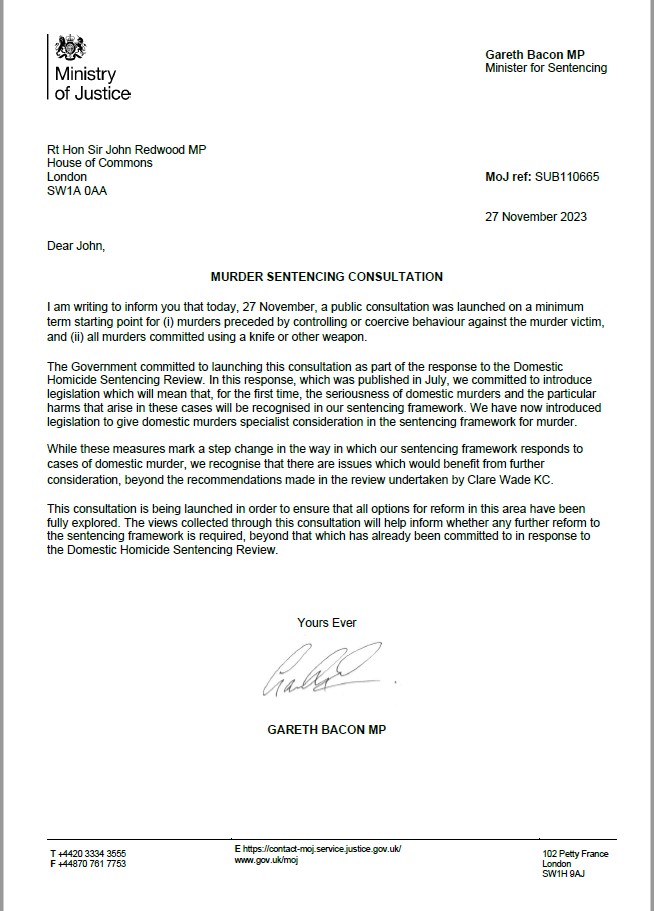The latest immigration figures show the government should have listened to those of us who said they needed to tighten the rules over inviting in economic migrants and students. Last year to June 2023 1.2 million came to stay in the UK, with 508,000 leaving. All the people coming need housing, health care, schools for the children. The 508,000 leaving free some housing, but not necessarily the right type in the right places for those arriving.
The costs of all this are very large for taxpayers. There is a growing danger we cannot offer enough decent housing and public services for our new arrivals. The government needs urgently to raise the income level for a job that qualifies for a work permit, and to enforce new rules over students’ dependants whose numbers have shot up.
In 2016 Commissioner Timmermans, today in the news contesting the Netherlands election for the left/Greens alliance, made proposals about burden sharing for EU migrants. He told the EU that member states should make a payment of 250,000 Euro for every migrant a country did not want to take under its quota for sharing the influx of migrants around the Union. That was probably a fair assessment then of the capital costs of providing new homes and public service provision, along with the early running costs borne by the state.
I think the UK should produce an updated figure for us today. It may well be that around £250,000 is a fair guess. A new social home costs around £300,000 to provide, but much of that is family not single person housing. A new school place costs say £20,000 to provide the building, averaging primaries and secondaries. The annual cost of a secondary school place is above £6000 and of a primary place above £4600. Adding an additional 600,00-700,000 people a year probably needs a couple of new District General hospitals at say £500m each as well as new surgeries. The annual cost per person of NHS provision is now more than £4000.
This shows that the so called cheap labour we invite in may help employers but creates a headache for public spending. The bogus figures that say a low paid incoming worker profits the state leave out all the extra capital provision to provide the services and homes, and leaves out the running costs of the public services they need. If one extra person comes in we can find an empty home and a spare school place. If a million come in we need to build two or three new cities to provide for them.
So government, change policy. The Treasury says adding more people adds to economic growth and adds to total tax revenue. They do not tell us how much it adds to public spending or what it does to GDP per head. The Health department says it means we can staff our care homes and social work settings with new people. We also though need to recruit a lot more of them to provide all the extra healthcare for all the new arrivals. There is a lot to be said for fewer invitations and better pay for people already here to fill the posts.
